RTA’s push for a smarter, more sustainable Dubai
With new eco-friendly buses and autonomous vehicles, Dubai’s RTA is steering toward a greener, tech-driven future.

Rana Tabbara
Senior Business Producer
Rana Tabbara is a UAE-based reporter and content creator known for dynamic storytelling, impactful reporting, and high-profile interviews. She interviewed leaders including the UAE Minister of Energy, the Australian Prime Minister, the Saudi Minister of Tourism, the Armenian Minister of Economy, and CEOs of major companies. Rana covered big events like the World Government Summit, LEAP, Cityscape KSA, IDEX, among others. Her previous experiences include The New York Times, CNN Business Arabic, and L'Orient-Le Jour.
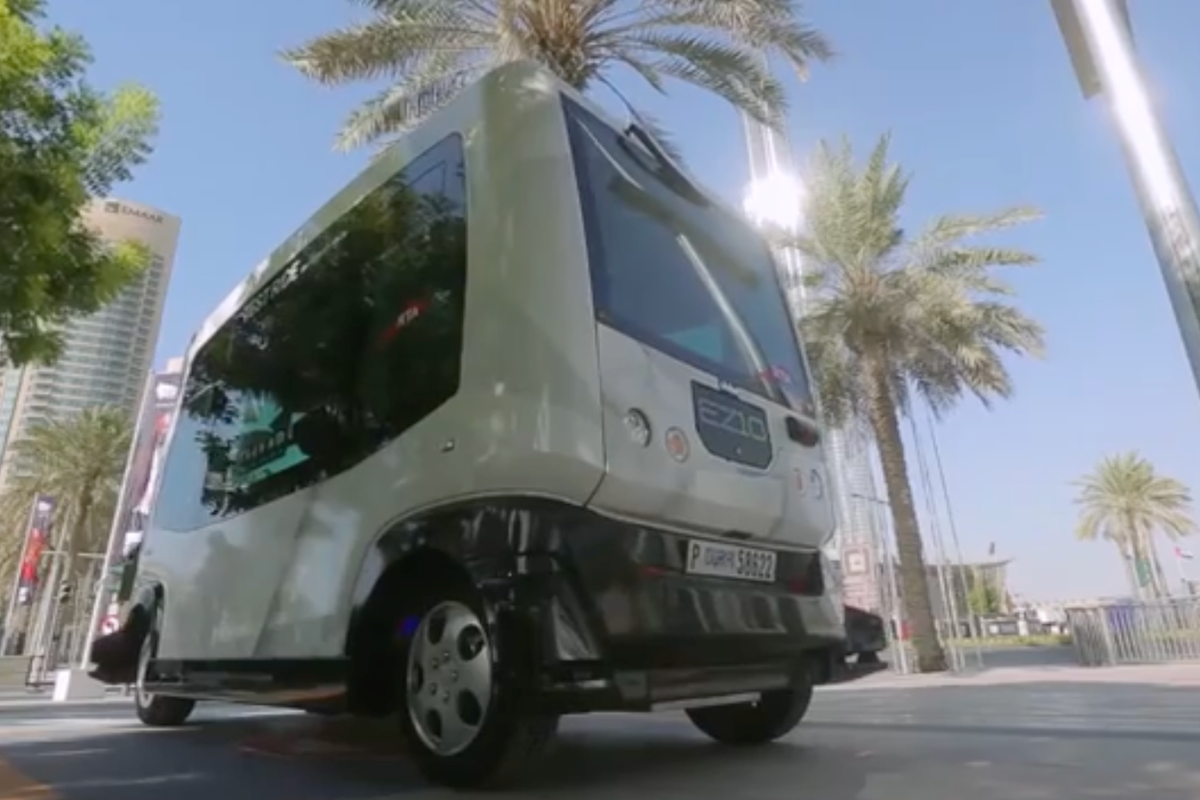
RTA’s AED11 billion investment in new buses aims to improve efficiency and cut emissions across Dubai’s public transport.
RTA
Dubai’s Roads and Transport Authority (RTA) is charting a course toward a future where sustainability, innovation, and advanced technologies redefine urban mobility. With significant investments in new bus fleets and cutting-edge trials for hydrogen and autonomous vehicles, the city is embracing its vision of becoming a global leader in green transportation.
In a landmark move, RTA recently signed an AED11 billion deal to upgrade its public bus fleet. This investment is part of a broader effort to improve operational efficiency and reduce the environmental footprint of Dubai’s transport system.
The new buses, which will include the latest eco-friendly technologies, are set to enhance the capacity of the city’s public transportation network while providing passengers with a more comfortable and sustainable commuting experience.
Adding to the sustainability drive, RTA has embarked on an exciting trial to test hydrogen-powered buses in Dubai’s unique climate. Dubai is one of the few cities in the region to explore hydrogen as an alternative fuel for public transport, a move that could redefine eco-friendly commuting in extreme weather conditions.
Hydrogen buses, unlike traditional electric vehicles, produce zero emissions while offering a longer range and faster refueling time. Testing these buses in Dubai’s hot and arid climate will help assess their viability for long-term integration into the public transport system.
Nada Jasim, Director of Safety, Risk Regulations, and Planning Department at RTA, emphasized the importance of this initiative as part of Dubai’s overarching sustainability goals in an interview with Nukta: "We've already conducted multiple trials with electric buses from various brands and suppliers, and thankfully, those trials yielded very positive results. In our strategy towards achieving net-zero emissions by 2050, we are looking at not just electric but also hydrogen buses in our future fleet."
The hydrogen bus trial is a crucial step in evaluating the technology’s adaptability to the region’s extreme conditions and ensuring that the buses can perform reliably while minimizing their environmental impact.
Autonomous vehicles: Pioneering the future of mobility
Dubai’s innovation doesn’t stop with hydrogen-powered buses. The city is also at the forefront of autonomous vehicle technology. In collaboration with GM Cruise, RTA launched the region’s first autonomous taxi service, currently operating on a trial basis. This milestone sets the stage for a major expansion of autonomous services across Dubai.
Jasim highlighted this achievement, explaining: "We launched the first autonomous car in collaboration with GM Cruise. This was the first autonomous taxi project in the region, and it’s currently running on a trial basis. The future will definitely see expansion into more areas of the city, incorporating different technologies."
Dubai’s vision is bold: by 2030, 25% of all trips in the city will be made via autonomous vehicles. This ambitious target underscores the city’s commitment to pioneering smart mobility solutions that will reduce traffic congestion, lower emissions, and create a more seamless and efficient transportation network.
A vision for 2050: Net zero and beyond
Dubai’s long-term transportation strategy is part of the UAE’s broader push toward sustainability, with a goal of achieving net-zero emissions by 2050. Through a combination of hydrogen and electric buses, autonomous vehicles, and continued innovation in transport technologies, RTA is laying the groundwork for a future where public transport is not only more efficient but also eco-friendly.
As Nada Jasim remarked, "The future is to have 25% of trips be autonomous by 2030. With the success of our electric and hydrogen bus trials, we are on track to achieve our vision of a sustainable, smart, and efficient transport system."


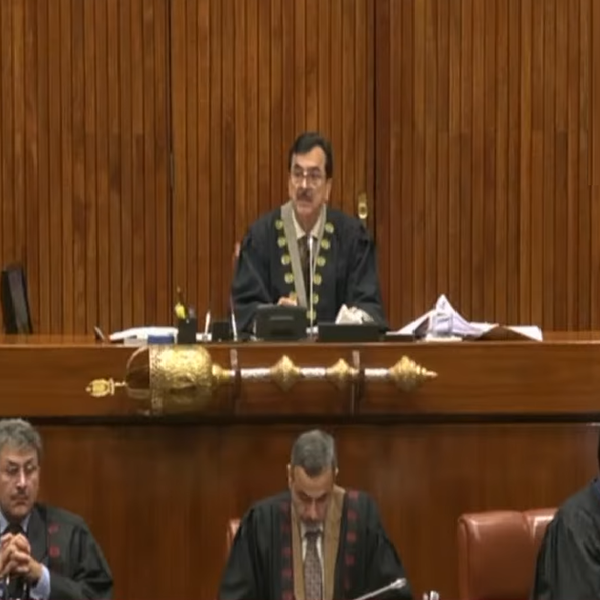
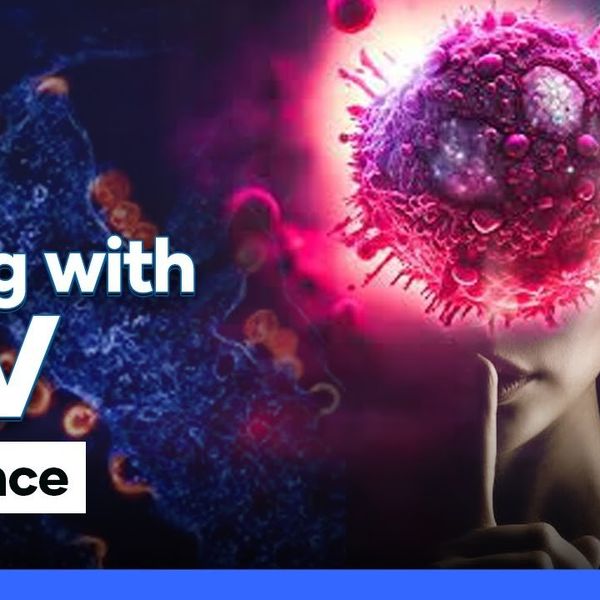
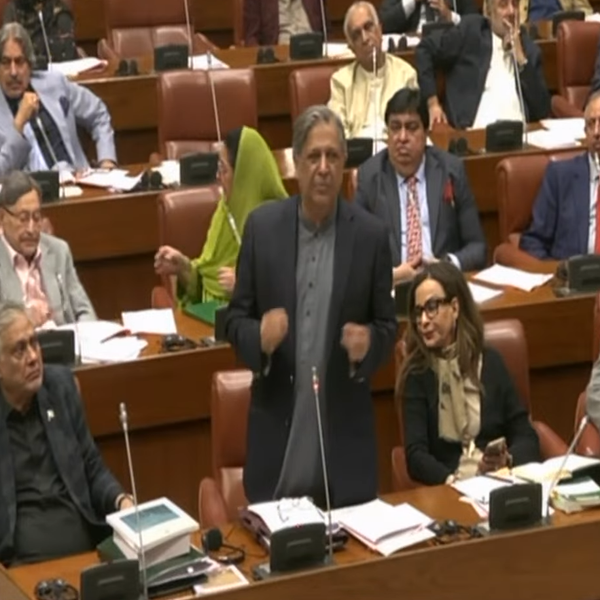
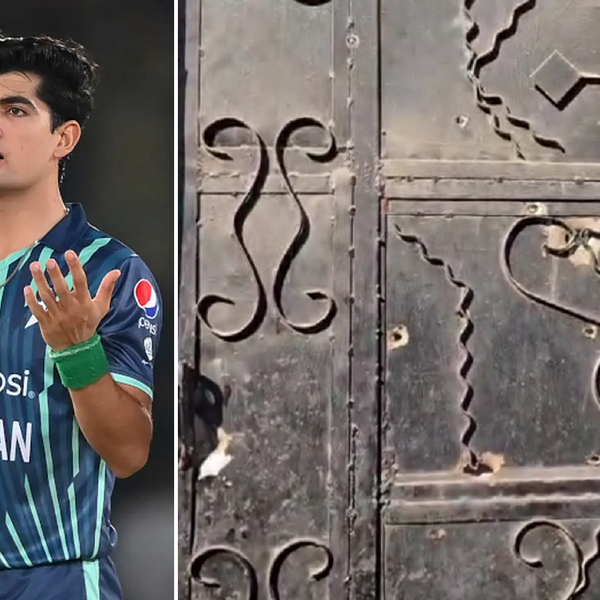


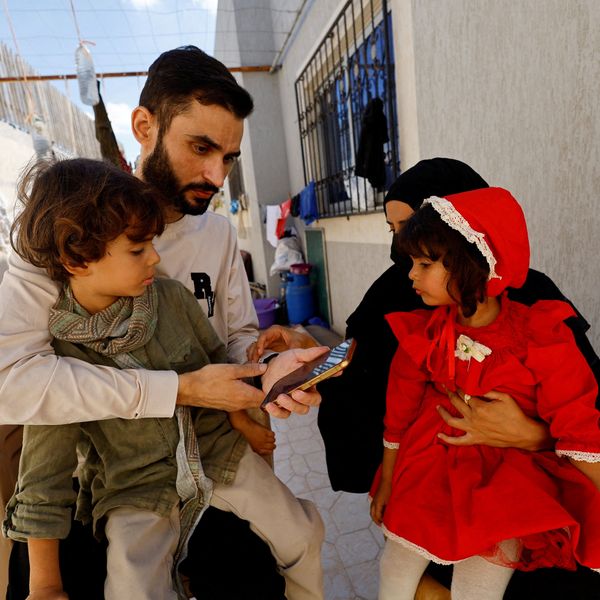

Comments
See what people are discussing